Open Source Symfony Support is provided by the community via StackOverflow and Slack. Both have served us well for some years, but they lack some features that are increasingly important for us. StackOverflow is nice for async support and its discussions stay forever and can be found via Google, but it lacks advanced formatting tools, better moderation and GitHub integration (to ping users, mention issues, etc.) Slack is nice for sync support, where you need a quick and live reply to your questions. Sadly it suffers from the same problems as StackOverflow and some of its own problems. The free version of Slack used by Symfony has a 10,000 message history limit and its messages can't be found via Google. That's why we're enabling GitHub Discussions for Symfony as a new way for the community to provide free Symfony Support. In our opinion, the main advantages of GitHub Discussions over StackOverflow/Slack are: There's no history message limit and all discussions are easily found via Google; Discussions can use all the great formatting tools provided by GitHub, including the seamless picture uploading; The entire Symfony community is on GitHub, so discussions can leverage the features to ping users and mention issues and pull requests; Although discussions won't be as sync as Slack chat, the size of the Symfony community could ensure fast replies to most discussions; Instead of closing some issues because they are support questions, we can now convert those into discussions, improving the newcomers experience; We'll have more moderation tools to ensure that GitHub Discussions is a great and safe place for everyone. We're looking for moderators to help us monitor discussions and contribute to them. Visit https://github.com/symfony/symfony/discussions and find discussions that need answers or people looking for help. We're delighted to try GitHub Discussions. However, for now this is just an experiment. We'll adjust things as needed and we could even remove GitHub Discussions in the future if expectations aren't met.
Sponsor the Symfony project.Zaloguj się, aby dodać komentarz
Inne posty w tej grupie
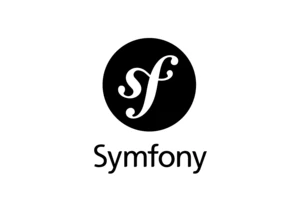
This week, Symfony released the stable version of Symfony 7.3, which includes lots of amazing new features. We also published the maintenance versions 6.4.22 and 7.2.7.
Symfony development highlights
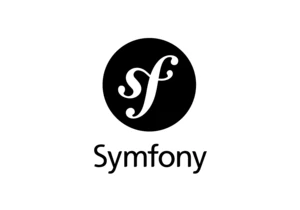
This is the second part of the blog post showcasing the main DX (developer experience) features introduced in Symfony 7.3. Read the first part of this blog post.
Verify URI Signatures… https://symfon
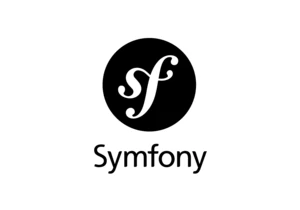
Symfony 6.4.22 has just been released. Read the Symfony upgrade guide to learn more about upgrading Symfony and use the SymfonyInsight upgrade reports to detect the code you will need to change in you
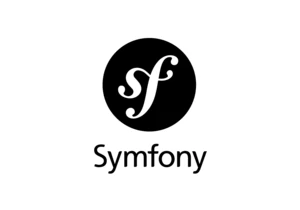
Symfony 7.2.7 has just been released. Read the Symfony upgrade guide to learn more about upgrading Symfony and use the SymfonyInsight upgrade reports to detect the code you will need to change in your
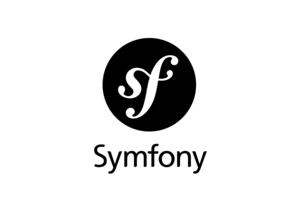
Symfony 7.3.0 has just been released. Check the New in Symfony 7.3 posts on this blog to learn about the main features of this new stable release; or check the first beta release announcement to get t
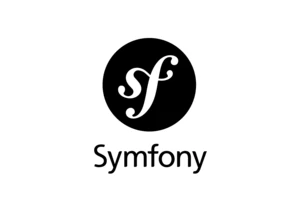
Symfony 7.3.0 has been released. As for any other Symfony release, our backward compatibility promise applies and this means that you should be able to upgrade easily to 7.3 without changing anything
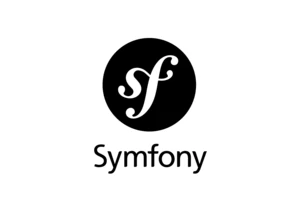
Symfony 7.3 includes many small improvements aimed at making developers' lives easier and more productive. This blog post highlights some of the most useful DX (Developer Experience) features added in
